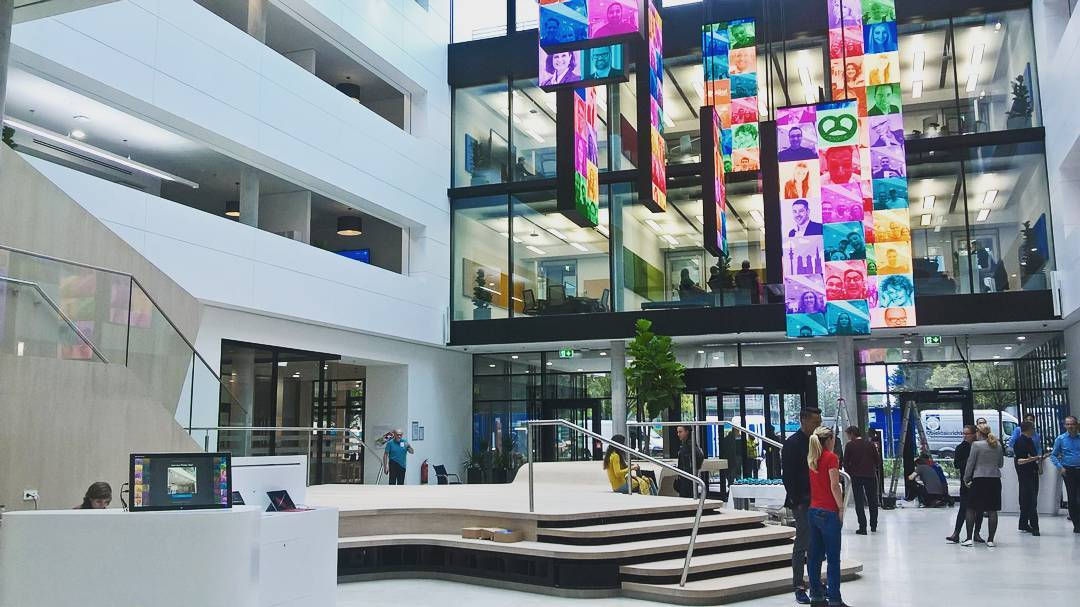Munich city now planning to move ALL their Linux desktops back to Windows
3 min. read
Updated on
Read our disclosure page to find out how can you help MSPoweruser sustain the editorial team Read more

We posted last year that the Munich City council was planning to break from its 10 year Linux-on-desktop experiment by allowing users once again to choose Windows for their work PC, after complaints of poorer productivity and compatibility issues.
Then a report commissioned by the council noted:
The city’s human resources department (POR) is particularly critical of LiMux, saying that since 2006 when the POR started using LiMux and OpenOffice, later switching to LibreOffice, that “the efficiency and productivity of the POR-supported workplaces has decreased noticeably” – referencing crashes, display and printing errors.
“Even 10 years after the start of the LiMuX migration, the users and users of the POR are dissatisfied,” says the letter, claiming that, even after updates, LiMux and LibreOffice are “far behind the current technical possibilities of established standard solutions”
Now in a further development the council, which has previously been held up as an open source role model, is set to vote on a proposal to move all of their 15,000 seats over to Windows by 2020.
“The proposal aims to ensure that no later than by the end of 2020, a new Windows Basic Client should be the standard city client,” a Munich city council spokesman said.
The council will also phase out the use of the Thunderbird email client and LibreOffice suite and replace them with “market standard products” that offer the “highest possible compatibility” with external and internal software, a requirement which clearly indicates a return to Microsoft’s Office suite.
Critics claim that the report which condemned Limux, the council’s own flavour of Linux, was written by Microsoft partner Accenture, and that Microsoft’s recent move of its headquarters to Munich was connected to the decision.
Councillor Anne Hübner, IT spokeswoman for the SPD parliamentary group, however notes that it was simply common sense.
“At the moment in many cases it just takes far too long and costs far too much for the city to implement software that’s available as standard on the market. This must change, so that the city remains competitive in an increasingly digital service society,” she said.
In a bid to keep their options open in the future however, the council was also proposing to favour client software which was operating system independent, by either being web or virtualization-based, a requirement which Microsoft has itself been supporting for some years now.
The proposal, which is up for a vote next week Wednesday, is expected to pass as it is backed by the two leading parties in the council.








User forum
0 messages